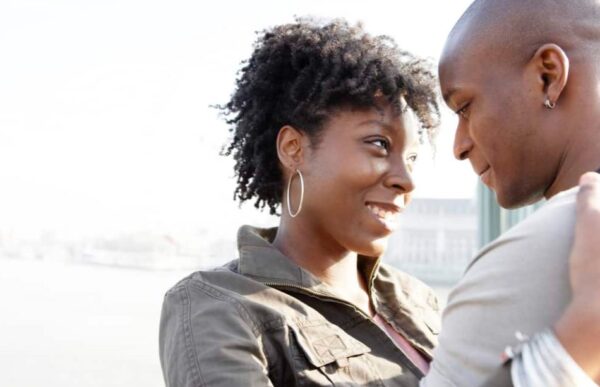Lifestyle
5 reasons one keeps attracting the same type of partner, according to psychology

Attracting the same type of partner or relationship is like repeatedly reading the same storybook, expecting a different ending each time.
No matter how many times you go through the chapters, or try to keep all your biases aside, the plot twists feel familiar, the characters act in the same ways, and even after you try so hard, the ending never changes.
This cycle happens because deep inside, our minds and hearts are drawn to what feels known—even if it’s not what’s best for us.
Here are 5 signs that show you are getting attracted to that same type of partner again and again.
1. Scared of change
Often after coming out of a long-term relationship, we look for rebound or jump off in random relationships for the time being. In this phase you may not yet be over from your past partner and eventually start a vulnerable search for a familiar type of partner—even if the outcomes are negative—it can feel safer than venturing into unknown relational dynamics. This fear of the unfamiliar keeps people gravitating toward what they already know or experienced before. We have a tendency to recreate familiar emotional scenarios in an effort to gain control or closure over past hurts.
2. Being happy with bare minimum
Sometimes when your partners don’t treat you well, in your head you start to rationalize their behavior and keep on justifying their act as if that’s how it should be. Most of the time people do it to reduce internal discomfort or the feeling of being insulted. For momentary mental satisfaction , it may work. But for a long run, it lowers the bare minimum expectations and whenever in future they think of getting into any new relationship, you already set your boundaries so low that you attract the same kind of people with very low expectations.
3. Positive assortative mating:
This is a common pattern that you may be following in which you are more likely to form romantic relationships with those who are similar to yourself in key ways—It can be either in physical characteristics (like height or body size), background, education, values, or even personality traits.
For example, people with similar educational backgrounds tend to marry each other more frequently because they think their intellect will match and they can be more compatible with each other.
4. Urge to find confirmation bias
A common human tendency to confirm and validate own thoughts from other people. It leads us to pay more attention to information or partner behaviors that support what we already believe about ourselves and relationships. For instance, if someone holds a deep-seated belief like “I’m not worthy of a healthy, loving partnership,” they are more likely to notice and focus on cues or actions from their partner that reinforce this idea, while minimizing positive evidence to the contrary. Over time, this selective attention shapes how they interpret relationship events, causing them to unconsciously attract or remain with partners who validate their negative self-perception. As a result, confirmation bias keeps people stuck in familiar but unfulfilling patterns, making it difficult to break the cycle and choose healthier relationships.
5. Unresolved childhood wounds
Imagine you are someone who’s grown up feeling invisible in your own family—always with a feeling that your opinion doesn’t matter. As an adult, it can affect you in two ways. Either you become extremely particular about your rights and feelings because you have already seen in your childhood how it feels to not feel valued. On the other hand, it can also happen that you repeatedly find yourself in relationships. This happens because of unresolved childhood wounds: early emotional injuries shape our subconscious expectations about love and connection, priming us to seek out familiar, even if unhealthy, dynamics. Many relationships choices stem from unhealed emotional experiences. If you felt unloved, invisible, or insecure as a child, you might repeatedly attract partners who make you feel the same way until you address those internal wounds










